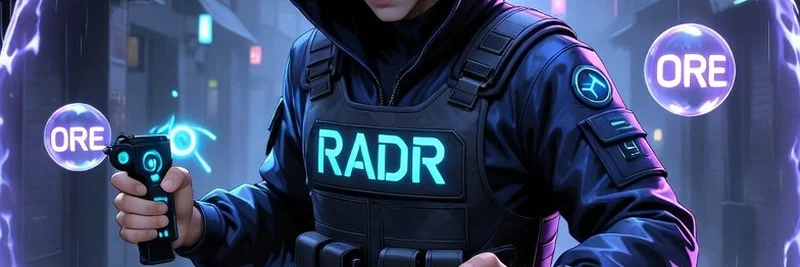In the fast-paced world of blockchain, where transparency often clashes with the need for personal privacy, a recent tweet from Mert, CEO of Helius Labs, has sparked lively discussions among crypto enthusiasts. Mert, known for his sharp takes on Solana infrastructure and beyond, laid out a straightforward thesis on the future of stores of value (SoVs) in a digital age.
He tweeted: "few things are true: - people have always sought stores of value - the world is becoming more digital - so SoVs will have digital versions - BTC proved they work - digital world compromises privacy - so now need private digital SoVs a Swiss gold vault in your pocket simple"
This concise thread opener captures the essence of why privacy is becoming a hot topic in crypto. For those new to the term, a store of value is something that holds its worth over time, like gold or real estate. Bitcoin (BTC) pioneered this in the digital realm, showing that code can act as "digital gold." But as Mert points out, the digital world often sacrifices privacy—think public ledgers where every transaction is traceable.
Enter the need for private digital SoVs. Mert's metaphor of a "Swiss gold vault in your pocket" evokes images of secure, anonymous wealth storage, accessible anywhere via your phone. It's a nod to privacy-focused projects that aim to shield users from prying eyes while maintaining the benefits of blockchain.
The community quickly connected the dots to $ORE, a unique token on Solana that's gaining traction as a mineable digital asset. $ORE isn't your typical meme token; it's built on a proof-of-work (PoW) mechanism adapted for Solana's high-speed network, allowing anyone to mine it from a laptop or even a phone without needing heavy hardware. Created by developer Hardhat Chad, $ORE emphasizes fair distribution and acts as a digital store of value, much like Bitcoin but optimized for Solana's ecosystem.
Replies to Mert's tweet buzzed with mentions of $ORE and Zcash ($ZEC), a veteran privacy coin. One user quipped, "simple -> zcash," while others championed $ORE as the superior option on Solana. A standout response highlighted $ORE's recent integration with Radr, a privacy infrastructure protocol on Solana. Radr's ShadowPay feature enables encrypted, anonymous payments using zero-knowledge proofs—tech that verifies transactions without revealing details. This combo turns $ORE into a truly private SoV, allowing users to send and store value discreetly.
Why does this matter for meme token enthusiasts and blockchain builders? Meme tokens thrive on community hype and accessibility, but privacy adds a layer of utility that can elevate them from fun speculations to serious tools. $ORE's mineable nature fosters a dedicated community of "miners" who see it as both a meme and a legitimate asset. With Solana's low fees and speed, combined with Radr's privacy rails, $ORE could attract users wary of transparent chains where governments or hackers might track their moves.
Critics in the thread raised valid points, like Bitcoin's drawdowns and UX challenges, reminding us that adoption isn't guaranteed. Yet, Mert's post underscores a broader trend: as crypto matures, privacy isn't a luxury—it's essential. Projects like $ORE are at the forefront, blending meme culture with cutting-edge tech.
If you're intrigued, check out how to mine $ORE via Helius's guide or explore Radr's tools for private transactions. In a world going digital, having that Swiss vault in your pocket might just be the next big thing in meme-insider.com's knowledge base.

